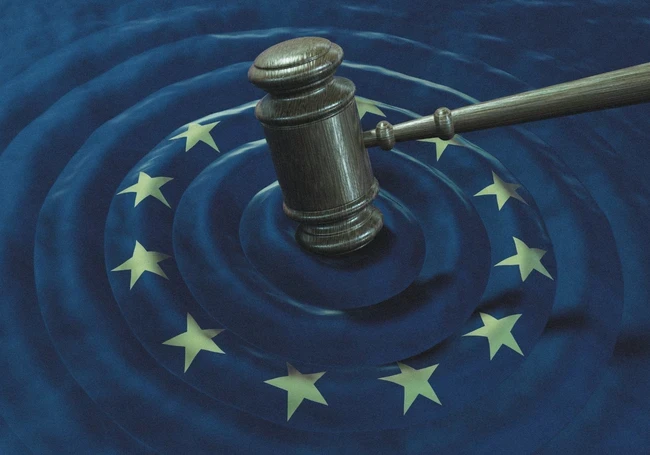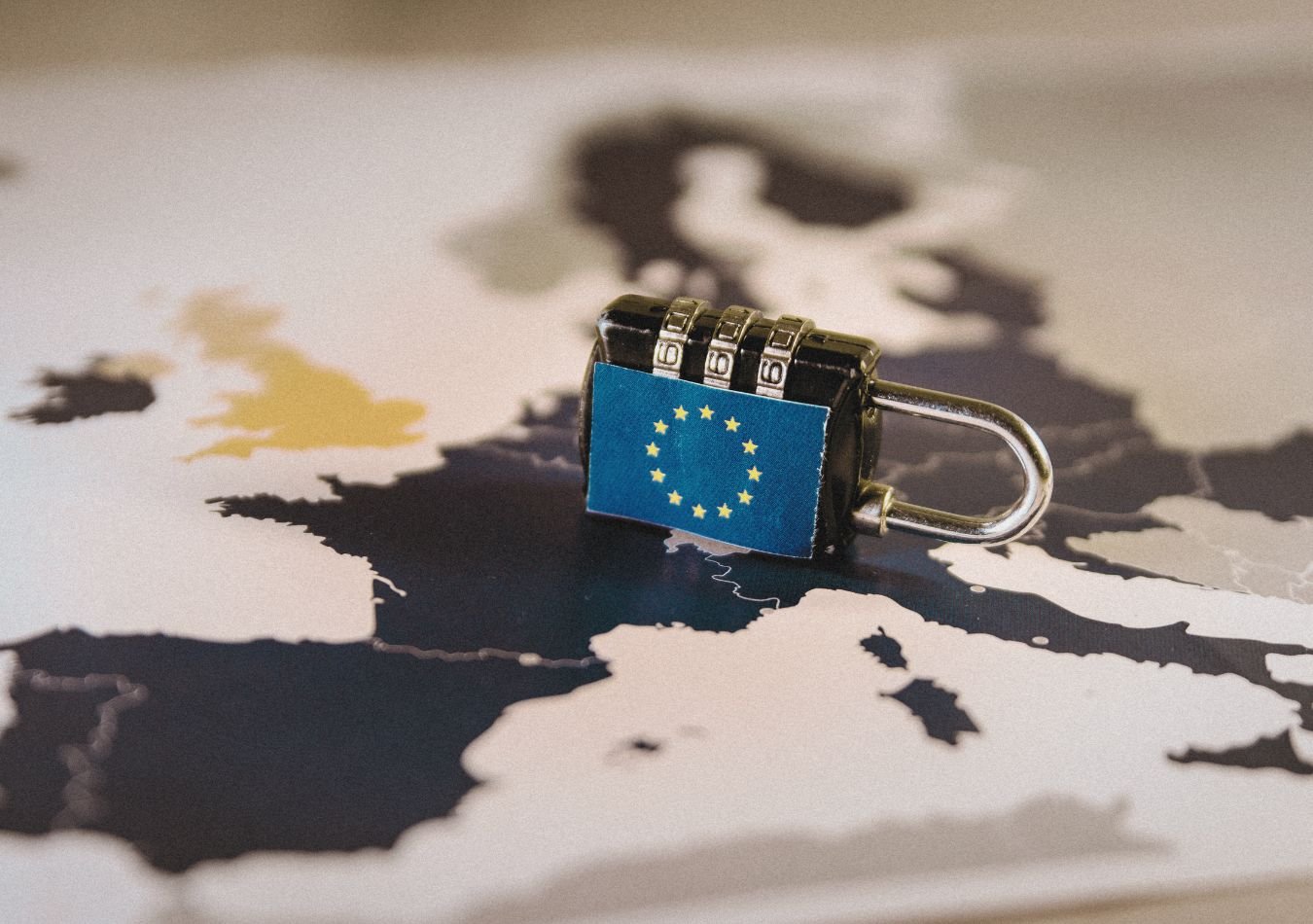It’s been more than five years since the EU’s General Data Protection Regulation (GDPR) was introduced, but the law remains a regulatory benchmark for today’s digital world.
The regulation companies handle people's data, providing better protection for privacy while keeping sensitive information out of the hands of malicious actors. But while organizations big and small have changed the way they operate to adhere to the landmark law, many have also failed to adhere to its compliance requirements – leading to hefty penalties and fines as a result.
So far almost €4.5 billion has been dished out in GDPR fines and almost 2000 organizations have been forced to pay them over the past 5 years.

And with the number of companies failing to comply increasing year by year, there’s no doubt that even bigger GDPR fines are already on the horizon.
What is the GDPR?
The GDPR, or General Data Protection Regulation, is a regulation in the EU that sets guidelines for how the personal data of individuals within the EU is collected and processed. Enacted in 2018, it's considered one of the toughest privacy and security laws in the world, controlling how organizations handle people’s data and where they store it.
This means companies must be transparent about their data collection practices, clearly outlining what data they collect, why they collect it, and for how long they retain it. They’re also forced to implement robust security measures to protect your data from unauthorized access, accidental loss, or breaches.

The GDPR doesn't shy away from holding organizations accountable if they don’t comply. Organizations are responsible for demonstrating compliance with its regulations, and failure to do so can result in significant fines, ranging up to 4% of global annual turnover or €20 million, whichever is higher.
This applies to any organization processing the personal data of individuals within the EU, regardless of the organization's location. Due to this global reach, any organization processing data of EU residents, regardless of its location, must comply with the regulation. This has created a global ripple effect, prompting stricter data protection laws and practices worldwide.
The GDPR is more than just a regulation; it's a cultural shift. It represents a recognition that personal data is not a commodity to be traded, but a fundamental right to be protected.
Key Obligations of the GDPR
The GDPR imposes significant obligations on organizations handling personal data of EU residents, regardless of the organization's location. These obligations aim to protect individual privacy and ensure responsible data handling, and those who break them risk getting dished with large GDPR fines.
Here are some of the obligations of the GDPR:
1. Lawful Basis for Processing
Organizations must have a valid legal reason for collecting and using personal data. This could be consent, contractual necessity, vital interests, public interest, or legal obligations – as long as they can prove they are not simply collecting people’s personal data for profits.
2. Transparency and Individual Rights
Organizations must be transparent about data collection practices and inform individuals:
- What data is collected and why
- How the data will be used
- The legal basis for processing
- Individual rights under the GDPR
- Contact details of the Data Protection Officer (DPO)
Individuals have a range of rights over their data too, including access, rectification, erasure (right to be forgotten), restriction of processing, objection, and data portability. Organizations must have procedures in place to facilitate these requests within specified timeframes.

When Platforms Betray Communities
How ownership changes, ad demands and moderation choices turned a creative social hub into a case study in misaligned platform strategy.
3. Data Security
Organizations are responsible for implementing appropriate technical and organizational measures to protect personal data from unauthorized access, use, disclosure, alteration, or destruction. This includes encryption, access controls, and regular security assessments.
In case of a personal data breach that poses a high risk to individuals' rights and freedoms, organizations must notify the relevant authorities and affected individuals within specific timeframes.
4. Data Protection Impact Assessments (DPIAs)
For high-risk processing activities, such as large-scale profiling or sensitive data usage, organizations must conduct DPIAs to identify and mitigate risks to individual rights.
They should also only collect and process the minimum amount of personal data necessary for their specific purposes. Thus means must not retain data longer than necessary and should have clear deletion policies in place.
5. Cross-border Data Transfers
If transferring personal data outside the EU, organizations must comply with additional GDPR rules to ensure adequate data protection safeguards. This includes using standard contractual clauses or relying on adequacy decisions from the European Commission.
Inside Data Trust Control Planes
How lineage-centric architectures let vendors layer observability, governance, cost and orchestration into one operating fabric.

6. Record-keeping
Organizations must keep records of their data processing activities and be able to demonstrate their compliance with the GDPR to supervisory authorities. They are also accountable for any violations and may face significant fines for non-compliance.
7. Data Protection Officer (DPO)
Certain organizations, such as public authorities and those processing data on a large scale, are required to appoint a DPO who oversees data protection compliance with GDPR.
The DPO acts as an internal expert on data protection, advising the organization and ensuring compliance with the regulation.
8. Accountability and Enforcement
Organizations face significant fines for non-compliance with the GDPR, ranging up to 4% of their global annual turnover or €20 million (whichever is higher).
Biggest GDPR Fines so far
Since the General Data Protection Regulation (GDPR) came into effect in 2018, it has become a powerful tool for enforcing data privacy and security.
One way it does this is by issuing some of the biggest data protection fines for companies that violate its rules. Here's a glimpse at some of the biggest GDPR fines issued so far.







Comments ( 0 )